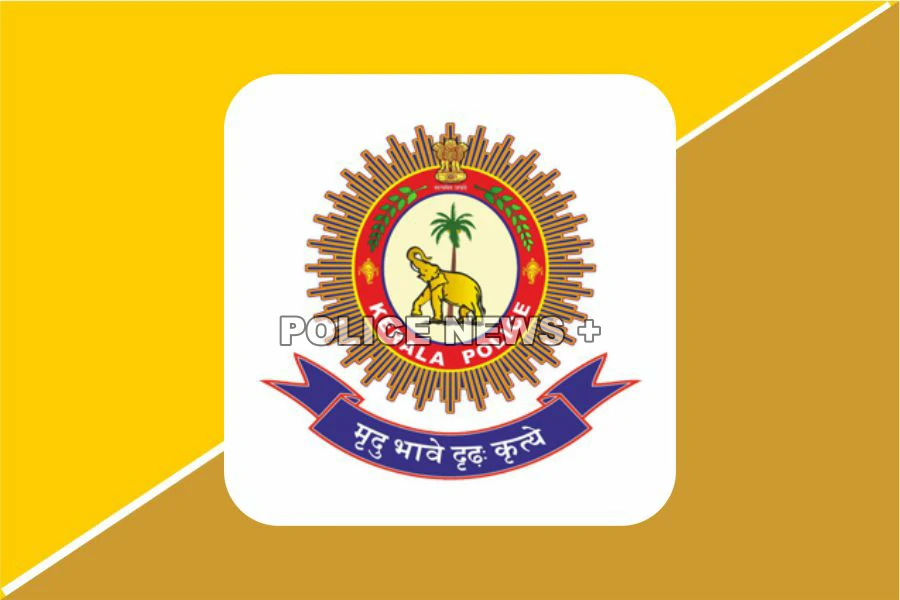The Kerala Traffic Police said ensuring that the chinstrap of a helmet is securely fastened is of utmost importance for riders of two-wheelers. Helmets are not only a legal requirement in many places but serve as a vital safety measure to minimize the severity of accidents and protect the head from potential injuries.
By wearing a helmet and properly locking the chinstrap, riders significantly increase their chances of mitigating head trauma in the event of a collision or fall. The helmet’s design and construction are specifically engineered to absorb and distribute the impact force, cushioning the head and reducing the risk of severe injury.
However, when individuals choose to wear helmets without properly securing the chinstrap, they inadvertently compromise the helmet’s effectiveness and overall safety. In the unfortunate event of an accident, an unfastened chinstrap can cause the helmet to come off, leaving the rider’s head vulnerable to direct impact with the ground or other objects.
The consequences of an improperly secured helmet can be severe and life-threatening. Head injuries can lead to traumatic brain injuries, skull fractures, and other critical medical conditions. Even minor accidents can become major health hazards when helmet safety is disregarded.
Therefore, it is crucial to promote a culture of responsible helmet use among riders, emphasizing the significance of locking the chinstrap properly each time they wear a helmet. Encouraging regular safety checks and raising awareness about the potential risks of wearing an unsecured helmet can contribute to a safer riding experience and ultimately save lives.
In conclusion, wearing a helmet is not merely a formality but a crucial step in safeguarding oneself while riding a two-wheeler. By conscientiously locking the chinstrap, riders can ensure that their helmets serve their intended purpose, reducing the impact on the head during accidents and providing the best possible protection in unforeseen circumstances on the road.






